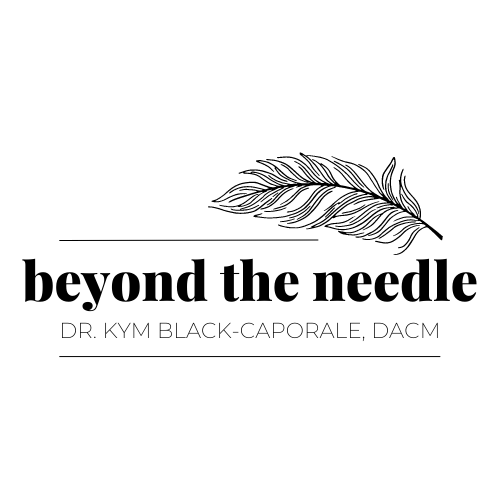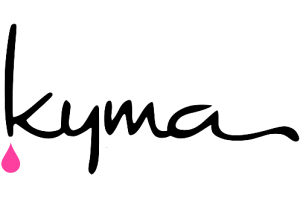In recent years, the supplement industry has exploded. Vitamin stores, online marketplaces, and even grocery aisles are brimming with an array of capsules, tablets, and powders, all promising to improve health, boost energy, and even extend life. But why are we taking so many supplements, and is it really necessary? Let’s explore the reasons behind this trend and how we can easily cut back without compromising our well-being.
### The Rise of Supplements
1. **Health Consciousness**: As people become more health-conscious, they seek ways to optimize their well-being. Supplements are often marketed as quick and easy solutions to fill nutritional gaps and enhance health.
2. **Marketing and Influencers**: The supplement industry spends billions on marketing. Influencers and celebrities often promote these products, making them seem essential to a healthy lifestyle.
3. **Convenience**: In our fast-paced world, people look for convenient ways to support their health. Popping a pill is much easier than preparing a balanced meal.
4. **Misinformation and Fear**: There’s a lot of misinformation about nutrition and health. People often fear they’re not getting enough nutrients from their diet alone, leading them to rely on supplements.
5. **Medical Advice**: Sometimes, doctors recommend supplements for specific deficiencies or health conditions, reinforcing the idea that supplements are necessary.
### The Reality Check
While supplements can be beneficial, especially in cases of specific deficiencies or health conditions, they are not always necessary for everyone. In fact, overuse of supplements can sometimes lead to adverse effects. It’s important to recognize that a balanced diet is usually sufficient to meet most of our nutritional needs.
### How to Cut Down on Supplements
1. **Assess Your Diet**: Before reaching for supplements, evaluate your diet. Are you eating a variety of fruits, vegetables, whole grains, proteins, and healthy fats? A diverse diet is the best way to ensure you’re getting all the nutrients you need.
2. **Consult a Professional**: Speak with a healthcare provider or a registered dietitian before starting or stopping any supplement. They can help you understand what you need based on your diet and health status.
3. **Get Blood Work Done**: Regular blood tests can identify any deficiencies you might have. This can help you avoid taking unnecessary supplements and focus on what you really need.
4. **Prioritize Whole Foods**: Whole foods provide a complex matrix of nutrients that work together synergistically. They also contain fiber, antioxidants, and other beneficial compounds that supplements lack.
5. **Be Skeptical of Marketing**: Remember that the supplement industry is a business. Be critical of claims that seem too good to be true. Look for scientific evidence and consult healthcare professionals.
6. **Start Small**: If you decide to cut back, do it gradually. Slowly reducing the number of supplements you take can help you monitor any changes in how you feel and ensure you’re not missing out on any essential nutrients.
### Conclusion
While supplements can play a role in health maintenance, especially for those with specific needs, most people can meet their nutritional requirements through a balanced diet. By understanding the reasons behind the supplement surge and taking steps to cut back, you can focus on a more holistic approach to health that prioritizes whole foods and evidence-based practices. Remember, your health journey is unique, so tailor your approach to what works best for you.







